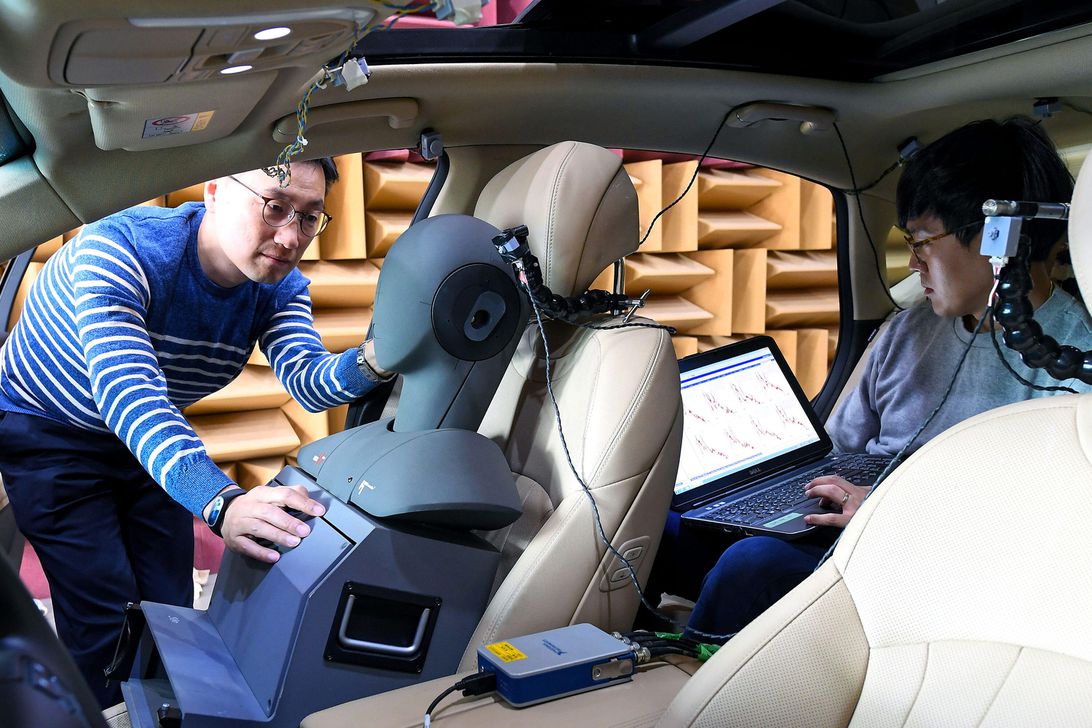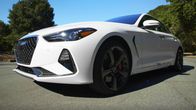Hyundai develops next-generation noise cancellation technology – CNET
With more sensors and processing power, Hyundai is making active noise cancellation even better.
Hyundai
Researchers at Hyundai have developed a new, more advanced version of active noise cancellation. The system is rather redundantly called Road Noise Active Noise Control, or RANC for short. It brings more sensors and computing power to bear against dreaded in-cabin racket.
Today’s active noise cancellation technology, ANC, has been around for several years and it is effective, able to make vehicle cabins noticeably quieter. Detecting and analyzing interior sounds, the system can emit inverse waves via speakers to cancel out unwanted noise.
The downside to ANC is that it’s generally only effective in certain situations, for instance, when negating noise that’s constant or predictable in nature. This technology is limited by processing power, after all; it only takes about 0.009 second for sounds from tires or an engine to reach an occupant’s ears. ANC is also unable to entirely counteract buzzing infrasound.
In comparison, Hyundai’s new RANC system can analyze an array of noise types in real time. Canceling them out, it precisely delivers inverted soundwaves to put the kibosh on resonant ruckus or even rumbling noises from the road.
To do this, RANC uses an acceleration sensor, a piece of kit that detects vibration emitted by a vehicle rolling down the road. A computer analyzes this information, crunching the appropriate numbers and emitting a counterwave from a digital signal processor. All this takes a mere 0.002 second.
According to Hyundai, RANC is so advanced it can accurately detect, analyze and counteract noises affecting the driver, front passenger and rear-seat occupants separately, reducing overall in-cabin noise by 3 decibels. For reference, the automaker claims that difference equates to about half the noise in an vehicle’s interior.
Hyundai’s Road Noise Active Noise Control, RANC for short, took some six years of development work.
Hyundai
While there’s likely no substitute for solid, basic engineering, including proper door seals, suitably thick window glass, a rigid underlying vehicle structure and the inclusion of appropriate amounts of sound deadener, RANC could nonetheless reduce the need for some of these items, cutting vehicle weight and improving fuel economy in the process.
This technology may not sound particularly advanced, no pun intended, but it took Hyundai six years of work to get a version of RANC ready for mass production. The automaker collaborated with other organizations, including the Korea Advanced Institute of Science and Technology, WeAcom and BurnYoung, to name a few. The audio experts at Harman also helped out during the production phase.
Ensuring Hyundai will be the first to market with a system like this, the automaker holds patents for the core technologies of RANC, including the signal selection method and the location of sensors. This feature will be applied to an upcoming Genesis vehicle, though as it’s such a good-sounding idea, and likely one that’s not onerously expensive, it will probably proliferate throughout the Hyundai and Kia vehicle lineups before too long.

14 Photos
More From Roadshow
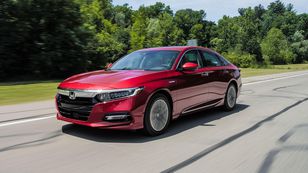
2018 Honda Accord Hybrid: The efficient sedan that does it all, and well
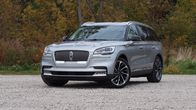
2020 Lincoln Aviator review: Luxury done right
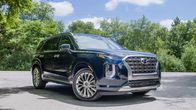
2020 Hyundai Palisade review: Posh enough to make Genesis jealous

